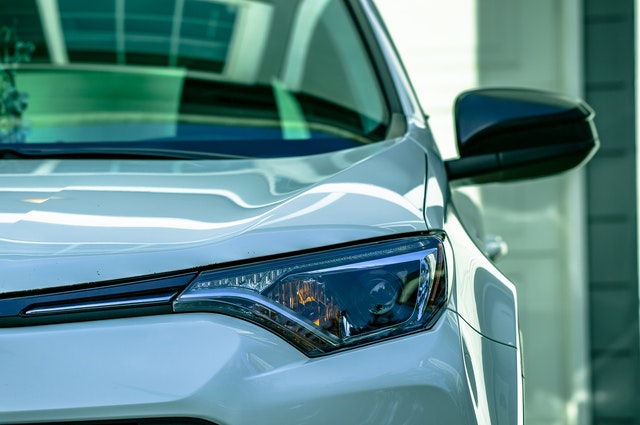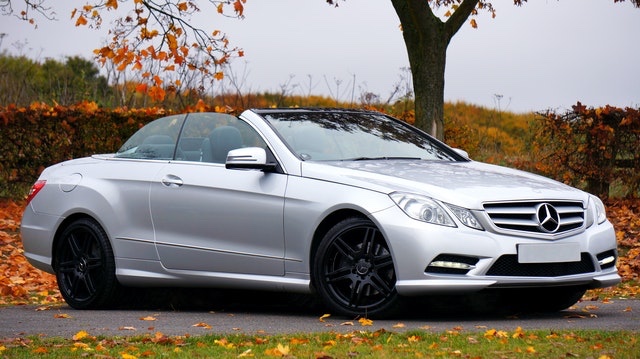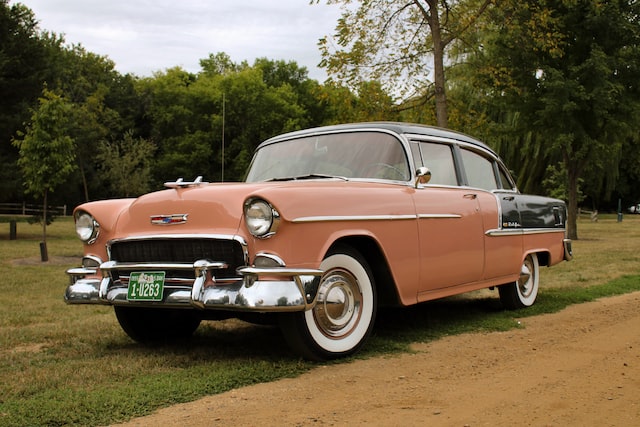Teenagers aged 16 to 19 are three times more likely than adults to be involved in an accident, according to the United States Centers for Disease Control and Prevention. Many states have imposed restrictions on younger drivers. The purpose of the permit restrictions is because inexperienced drivers are far more likely to be engaged in a traffic accident, and permit restrictions are used to defuse the majority of potentially dangerous circumstances.
One of these states is New Jersey. Applying for a learner’s permit is the first step in obtaining a driver’s license in New Jersey. The learner’s permit allows you to practice your driving abilities before taking the road skills exam, but it does come with certain NJ learner’s permit restrictions. As part of the Graduated Driver’s License program, all drivers, regardless of age, will be subjected to various restrictions before being given complete statewide driving rights. If you are under the age of 21 or have never held a driver’s license in the United States, carefully read this blog to see which GDL requirements will apply to you.
What is the purpose of NJ learner’s permit restrictions?

The explanation is simple: learners permit restrictions to exist to protect the safety of newly licensed drivers and others who are in their immediate vicinity on the highways. When you make a mistake behind the wheel, you risk not only injuring yourself but also injuring other people, both physically and financially. You don’t have much driving experience as a new driver, so even if you know how to cope with risky circumstances, in theory, there’s no guarantee you’ll be able to put that knowledge into practice when a potentially hazardous situation happens. The limits on your driver’s license keep you out of risky circumstances and help you avoid the majority of beginner mistakes.
Let’s take our free DMV practice test to easily pass your permit test as well as strengthen your knowledge and skills needed to stay safe on the road now!
When it comes to driving, teen drivers face even greater dangers. According to statistics, drivers under the age of 18 have the highest probability of being involved in a traffic accident of any age group. Multiple studies were done by the New Jersey MVC and comparable organizations in other states to address this issue, and the most prevalent causes of traffic accidents among teenage drivers were identified. As a result, several additional restrictions targeting young drivers have been implemented.
What are the different types of licenses?
According to the graduated license requirements, you cannot be issued a New Jersey driving license straight immediately and must complete all steps of the graduated license. Every level of the GDL process comes with its own set of restrictions. The restrictions you must follow are determined by the type of licensing document you presently possess, which might be one of the following:
- Special learners permit
- Examination permit
- Provisional driver’s license.
Following the provisional driver’s license is a complete unrestricted driver’s license with no restrictions. The unrestricted license requires that you be 18 years old and that you have completed all of the requirements for a graduated license before being issued this type of license.
What are restrictions on special learner’s permits?

Applicants between the ages of 16 and 17 who are currently participating in a state-approved behind-the-wheel driving program may be issued a special learner’s permit. You must also take a New Jersey permit exam at one of the Driver License Testing Centers before your permit may be verified. There will be 50 questions on the NJ permit test, which will include state driving rules and road signs.
Before you may take a road test and apply for your provisional license, you must have held your special learners permit for at least 6 months. The following driving permit restrictions must be followed during this time:
- Only supervised driving is permitted. When operating a vehicle, you must have a licensed driver seated next to you who is at least 21 years old, has at least 4 years of driving experience, and carries a valid New Jersey driver license
- Driving hours. Permit holders in New Jersey are prohibited from operating a vehicle between the hours of 11:01 p.m. and 5 a.m. on weekdays. This restriction does not apply to drivers beyond the age of 21. If you are under the age of 21 and need work or religious exemption, you must have documents signed by your employer or religious institution explaining why you need to be exempt. The signature, title, address, and phone number of the authorized official must all be included in this letter.
- Seatbelts are required. Everyone in the vehicle must hold on tight their seat belts
- Restrictions on passengers. Only parents, guardians, or dependents are permitted as passengers, and if the supervising driver is not a parent, only one passenger is permitted
- On the vehicle license plates, a decal must be applied
- There are no mobile phones allowed. Cell phones, iPads, GPS systems, and other electronic devices are not permitted to be used while driving with a permit. Regardless of age, both hands-free and handheld devices are prohibited.
What are examination permit restrictions?

License candidates must be at least 17 years old to receive an examination permit. The restrictions imposed on examination learners permit holders are the same as those imposed on special learner’s permit holders, except that drivers who are at least 21 years old are exempted from the passenger and curfew restrictions.
What are restrictions on provisional driver’s licenses?
Those who have fulfilled the learner’s permit requirements, are at least 17 years old, and have passed the driving test may be issued a provisional driver’s license. Although your provisional license permits you to drive unsupervised, you are still subject to all permit restrictions. Drivers who are at least 21 years old are excluded from the curfew and passenger restrictions once again.
Read more >> How To Get New Jersey Driver’s License? [2022 Updated]
What is the penalty for violating permit restrictions in NJ?
You may receive a ticket from your local law enforcement officer if you are discovered breaking the permit restrictions. Receiving several tickets while in receipt of a permit might result in serious consequences in the future. During this time, you’ll want to be extra cautious to prevent racking up too many violations.
Understanding the NJ learner’s permit restrictions in New Jersey might be difficult, but it’s critical if you want to keep moving forward in the state’s Graduated Driver License program. We hope that this tutorial has clarified all of the rules and that you now know what to do (and what not to).

UT Utah License Renewal: A 2024 Comprehensive Guide
Discover the ultimate guide to Utah license renewal! This comprehensive guide delves into the intricacies of renewing your driver's license in Utah,...
February 13, 2023

South Carolina S.C. Driver's License Renewal
The South Carolina S.C. driver's license renewal process is designed to be comprehensive, taking into consideration eligibility requirements, renewal methods,...
February 13, 2023

Pennsylvania PA DMV License Renewal: A 2024 Full Guide
The Pennsylvania PA DMV license renewal process is designed to be comprehensive, taking into consideration eligibility requirements, renewal methods,...
February 10, 2023
